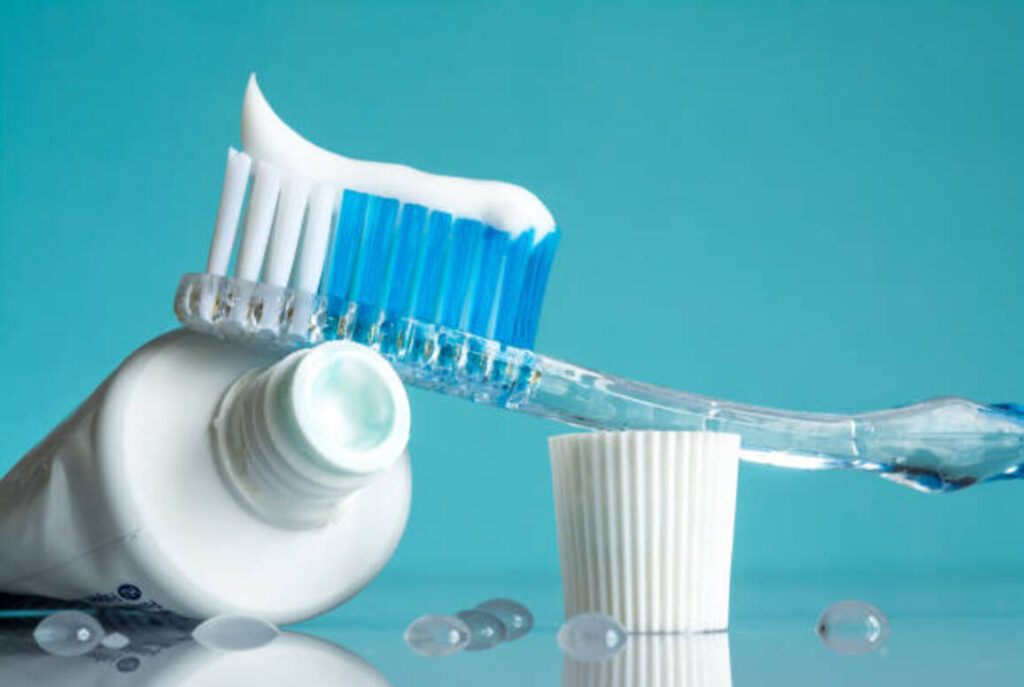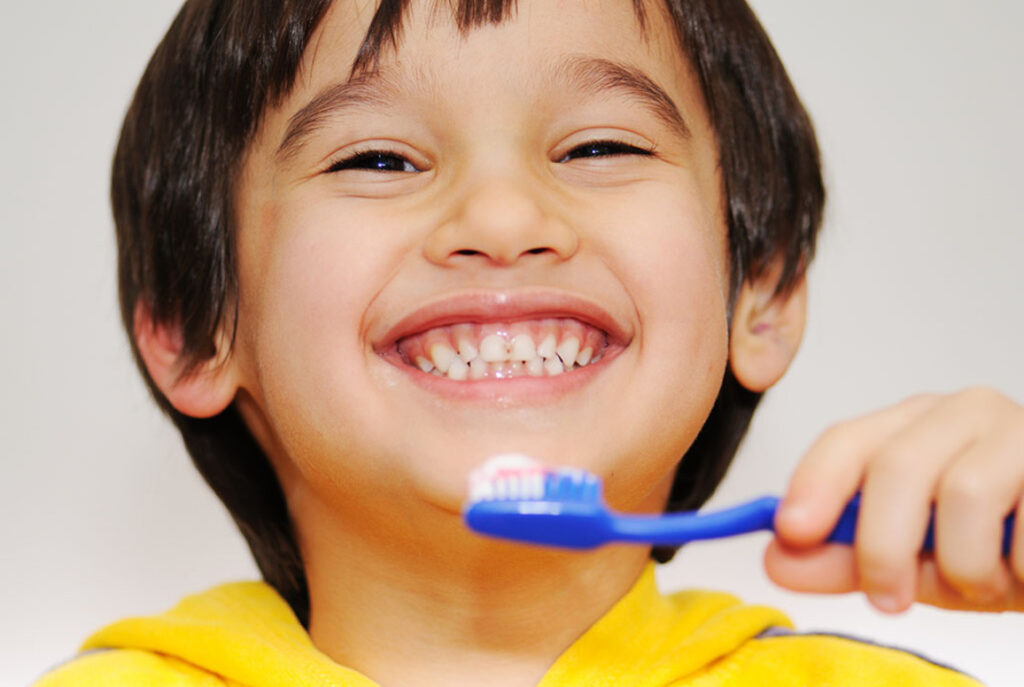For many years caries has been seen as a multifactorial disease caused by a complex interplay of bacteria, diet, and the host itself. Preventive philosophies have been proposed based on the treatment itself of the disease, and not the sequel of the disease (the cavities). Dental caries can occur only if the necessary factor is present: BIOFILM accumulation on the teeth. Not only this but fermentable carbohydrates must also be present in a restricted environment so that the acids produced by the carbohydrates induce mineral loss in the underlying tooth structure.
To combat such an attack on the tooth structure SALIVA AND FLUORIDE plays an important role. Both have significant positive effects on the process of ceasing caries formation. Saliva prevents biofilm production on the tooth surface and buffers the effect of an acid that causes mineral loss. On the other end, fluoride enhances mineral precipitation back on the teeth.
Fluoride can exert its effect if it is free and soluble in the oral environment. Physiochemically, fluoride increases the rate of mineralization by converting into a the less soluble mineral phase “Fluorapatite”.
Sources of fluoride:
- Small amounts: Fruits, Vegetables, cereals
- Rich sources: Seafood and Tea Leaves
Chief sources of fluoride:
1Water (fluoridated water)
2. Fluoridated salt and Milk
3. Topical toothpaste
Teeth and bones have the highest concentration of fluorides
Communal water fluoridation is the most effective and cost-friendly public health measure. Fluoridated five to seven times school water fluoridation helps in the reduction of caries formation.
Other sources:
- Fluoride toothpaste
- Fluoride mouth rinses
- Fluoride lozenges
- Fluoridated milk
- Fluoridated salt
Mechanism of anti-caries action:
- Increased enamel resistance to acid attack
- Remineralization
- Antibacterial effect of fluoride
- Fluoridated toothpaste when used in children
- must be used in a pea-sized amount, As there
- is the possibility of swallowing.
Fluoride toxicity:
Dental fluorosis: an excessive amount of fluoride intake during tooth development causes permanent white to brown spots on the tooth enamel which looks
aesthetically displeasing.
Skeletal fluorosis: increased deposition of Fluorapatite mineral in the bones and joints results in abnormal structure and poor quality of the bone. Also causes an
increased risk of bone fractures.
The takeaway
Fluoride is a natural mineral that prevents cavities. It restores minerals to tooth enamel and prevents harmful bacteria from building up in the mouth. Overdosing in fluoride can cause negative complications.
Oral health greatly affects other bodily functions and overall health. To take good care of your mouth:
- Brush your teeth twice a day for two minutes each time.
- Floss once per day.
- Avoid sugary snacks and beverages.
- Don’t smoke.
Visit your nearby dental clinic at least once per year.
If you have any problems related to gums or teeth, please visit Pathak Dental Clinic
Frequently Asked Questions (FAQs)
1. What is fluoride and why is it important for teeth
Fluoride is a natural mineral that helps strengthen tooth enamel and prevent cavities. It promotes remineralization of weak areas on the teeth and protects them from acid attacks caused by bacteria and sugars in the mouth.
2. How does fluoride prevent tooth decay
Fluoride works by forming a stronger outer layer called fluorapatite, which makes teeth more resistant to acid and bacterial attacks. It also helps in reversing early signs of tooth decay by aiding in remineralization.
3. What are the main sources of fluoride
Common sources of fluoride include fluoridated water, toothpaste, mouth rinses, and certain foods like seafood and tea leaves. Using fluoride toothpaste daily is the most effective way to protect your teeth.
4. Can children use fluoride toothpaste
Yes, children can use fluoride toothpaste, but only in a pea-sized amount under adult supervision. Swallowing too much fluoride can cause dental fluorosis, which appears as white or brown stains on teeth.
5. What happens if you consume too much fluoride
Excessive fluoride intake can cause fluorosis.
- Dental fluorosis affects the tooth enamel, leading to discoloration.
- Skeletal fluorosis affects bones and joints, making them stiff and painful.
Always use fluoride products as advised by your dentist in Pune.
6. How does fluoride strengthen enamel
Fluoride strengthens enamel by replacing lost minerals and creating a harder, more decay-resistant surface. It slows down enamel breakdown and speeds up the repair process, keeping teeth healthy and strong.
7. Is fluoridated water safe
Yes, fluoridated water is considered safe and is one of the most effective and economical ways to reduce tooth decay in the community. Controlled levels of fluoride in drinking water significantly lower the risk of cavities.
8. Where can I get fluoride treatment in Pune
If you’re looking for fluoride treatments or preventive dental care in Pune, visit Pathak Dental Clinic, led by Dr. Manish Pathak. The clinic offers professional fluoride applications, dental cleanings, and personalized oral care advice to maintain healthy, cavity-free teeth.
Find the clinic here: Get directions
Call– +919762126132
Address: 11/11 Akurdi Chikhli Road, Near Dwarka Collection, Kasturi market, Sambhaji Nagar, Thermax Chowk, Below Nutan Jewellers, Chinchwad, Pune, Pimpri-Chinchwad, Maharashtra 41101




